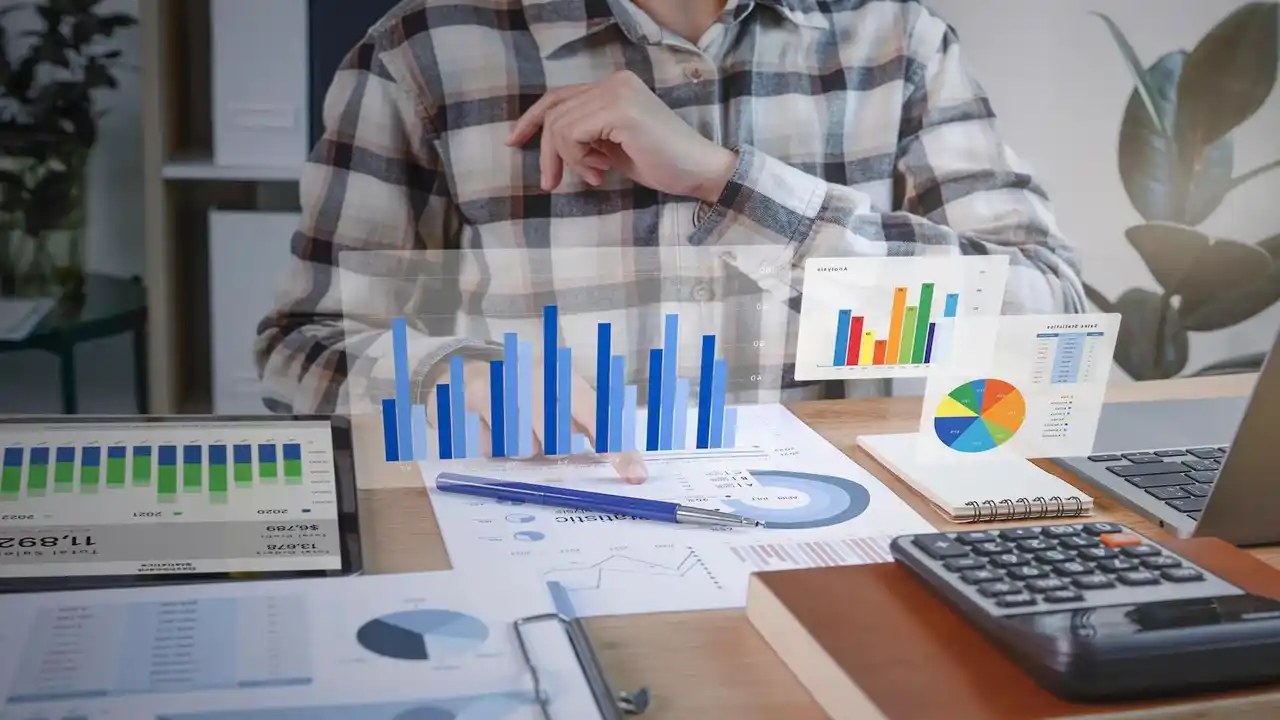What a business economist does on the job A business economist knows exactly what to do on the job. For success, his business needs to generate a profit equal to the initial investment. Jobs of business economists: Making accurate predictions for decision making while recognizing future uncertainty. Because of this, you can never know for sure what will happen in the future. Even though he couldn’t completely reassure his bosses with his economic forecasts, he could help ease some of their worries. If a business owner bases their decisions on economics, they will likely make some changes. He helps the management team make necessary changes, demonstrating his value. This gives him a better chance of keeping his job on the management team. Keeping a Loved-Ones Connection: This article will go into features of business economics in detail and provide some examples for your convenience.
Business economics gives you the freedom to try new things when it comes to advertising and promotion. It includes ads that are shown on radio and TV as well as those that are printed in magazines. Read widely about characteristics of business economics to get a fuller view. Diverse Pieces Business economics can help you in many ways when you are running a business. He works in a lot of different areas: (a) predicting and planning for future needs (b) giving direction for managing price, quantity, and quality (c) reducing the likelihood of bad things happening a) To lessen the impact of possible bad things that could happen; b) to lessen the impact of possible bad things that could happen (c)
Features of Business Economics
Microeconomics is a branch of business economics that looks at the small things that can have big effects on how an organisation makes decisions. The name for this field of study is “business microeconomics.” Its goal is to guide and shape a company’s strategic decisions and day-to-day operations so that they work as well as possible. Managerial economics, as an important part of the business world, helps companies optimize resources for increased productivity and cost-saving. We’re going to take a look at the features of business economics and discuss related matters in this topic.
Conceptual and Metrical
In the context of management, studying economics can be seen as “both intellectual and metrical.” In order to use quantitative methods in business in a smart way, you need to have good judgement and think carefully about the situation at hand.
Managerial economics gives us the theoretical framework we need to reach this goal. It also helps the person making the decision by giving numbers to the many economic entities and showing how they relate to each other. This quantitative approach helps the conceptual framework of managerial economics.
Micro Economic Character
Managerial economics is a subset of microeconomics because the main thing that is studied is the firm. Instead of looking at the economy as a whole, the problems that certain companies are having are looked at in detail. On the other hand, without macroeconomics, the corporation would not be able to understand or adapt to its environment.
Pragmatic
The field of managerial economics is all about how things work in the real world. It is about analytical tools that can help people make better decisions and puts a lot of attention on those tools. Management economics considers differences in background/education unlike economic theory. Macroeconomics can be used for things other than Business Economics.
Macroeconomics
Business economists are in charge of doing empirical research on a wide range of macroeconomic factors, such as trade cycles, national income, accounting, foreign trade policy, price policy, labour policy, monetary policy, fiscal policy, etc., and making sure that the company’s decisions are in line with what they find. Another features of business economics is the analysis of labor markets, including wage determination, unemployment and the impact of labor laws.
Normative
Managerial economics fits better in the field of normative economics than it does in the field of positive economics. It’s not just a good example; it tells you what to do. Economic theory’s main part: descriptive hypothesis makes broad statements about variable relationships without value judgements.
Managerial economics has two main goals. First, it tells businesses what kinds of goals and objectives they should have, and second, it tells them how to reach those goals in the most efficient way.
Assist in Managerial Decisions
Managers can learn a lot from business economists when it comes to making decisions about their business. Managers have to decide how to combine and use different parts of production and how big to make things in order to get the most out of their resources while spending the least amount of money.
Because of this, business economics helps corporate managers make good decisions that help their businesses reach their main goals.
Frequently Asked Questions
Who Defines Business Economics?
“Business economics,” according to Mc Nair and Meriam, is “the use of economic ways of thinking to look at business problems.” Siegelman defined managerial economics (also called “management economics”) as “the integration of economic theory with business practise in order to.”
What is Business Economics its Features and Scope?
Business economics examines how a business or organization operates, manages, and performs in the market. Corporation economics examines internal/external factors and owner’s decisions affecting a business.
How is Economics Connected with Business?
Businesses sell goods and services to consumers, for example, to make money. Economics determines the supply and demand for goods and services. Business exists to make economy more productive by selling goods/services to consumers.
Conclusion
Some of the things that make business economics what it is are: Small scale: Both the study of business and the study of microeconomics have similar ideas. This is because most studies in the field of business economics look at just one company. The features of business economics will be covered in-depth in this article, along with some examples for your convenience.
